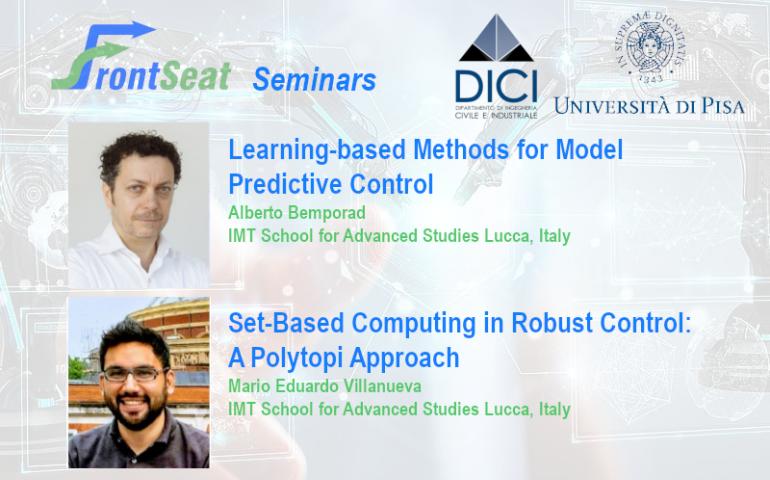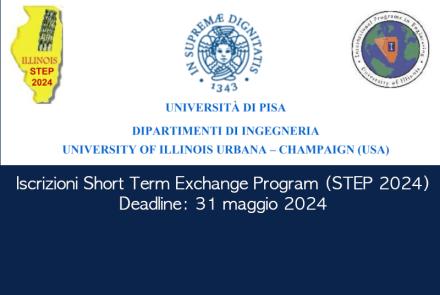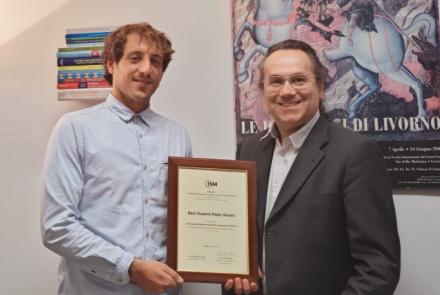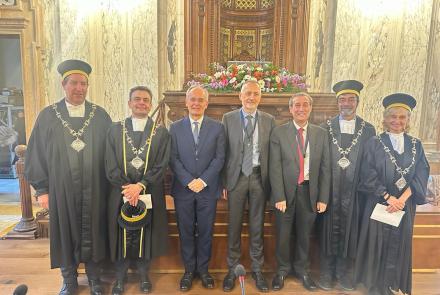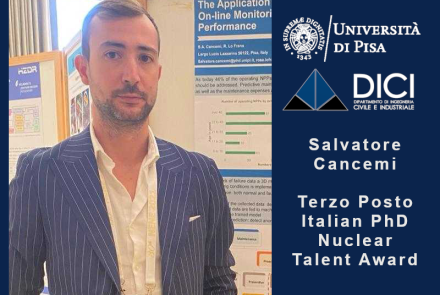October 12, 2023
10:30 - 12:30
Aula Magna Pacinotti
Learning-based Methods for Model Predictive Control
Alberto Bemporad
IMT School for Advanced Studies Lucca, Italy
Machine learning has gained immense popularity in various fields, including control, due to its ability to extract mathematical models from data. In my talk, I will present different machine learning techniques that can aid in designing and calibrating model predictive control (MPC) laws. I will emphasize the use of offline and online methods for learning piecewise affine and recurrent neural network prediction models. Moreover, I will present global and preference- based optimization techniques that rely on surrogate functions to. actively learn the optimal MPC parameters and to identify critical scenarios from closed-loop experiments.
Bio
Alberto Bemporad received his Master's degree cum laude in Electrical Engineering in 1993 and his Ph.D. in Control Engineering in 1997 from the University of Florence, Italy. In 1996/97 he was with the Center for Robotics and Automation, Department of Systems Science & Mathematics, Washington University, St. Louis. In 1997-1999 he held a postdoctoral position at the Automatic Control Laboratory, ETH Zurich, Switzerland, where he collaborated as a Senior Researcher until 2002. In 1999-2009 he was with the Department of Information Engineering of the University of Siena, Italy, becoming an Associate Professor in 2005. In 2010-2011 he was with the Department of Mechanical and Structural Engineering of the University of Trento, Italy. Since 2011 he is Full Professor at the IMT School for Advanced Studies Lucca, Italy, where he served as the Director of the institute in 2012-2015. He spent visiting periods at Stanford University, University of Michigan, and Zhejiang University. In 2011 he co-founded ODYS S.r.l., a company specialized in developing model predictive control systems for industrial production. He has published more than 400 papers in the areas of model predictive control, hybrid systems, optimization, automotive control, and is the co-inventor of 21 patents. He is author or coauthor of various software packages for model predictive control design and implementation, including the Model Predictive Control Toolbox (The Mathworks, Inc.) and the Hybrid Toolbox for MATLAB, and other packages tailored to industrial production. He was an Associate Editor of the IEEE Transactions on Automatic Control during 2001-2004 and Chair of the Technical Committee on Hybrid Systems of the IEEE Control Systems Society in 2002-2010. He received the IFAC High-Impact Paper Award for the 2011-14 triennial, the IEEE CSS Transition to Practice Award in 2019, and the 2021 SAE Environmental Excellence in Transportation Award. He is an IEEE Fellow since 2010.
Set-Based Computing in Robust Control: A Polytopi Approach
Mario Eduardo Villanueva
IMT School for Advanced Studies Lucca, Italy
Set-based computing methods are the foundation of a variety of problems and tasks such as validated arithmetic (reliable computing), uncertainty propagation, set-invariance, robust control, analysis of hybrid systems, and safe learning among many others.
This talk presents recent breakthroughs in the field of set- based computing. In particular, the focus is on a novel class of configuration constrained polytopes that admit a joint affine parameterization of their vertices and facets.
This parameterization can be used to optimize the location and geometric shapes of potentially high dimensional polytopes with millions of facets and vertices by relying on a large-scale linear program (LP) solver. The second part of the talk focuses on an application of such configuration constraint polytopes in the context of set-invariance and robust model predictive control.
Bio
Mario Eduardo Villanueva is an assistant professor at the IMT School for Advanced Studies Lucca. His research interests include set-based computing, robust and stochastic control, global optimization and control as well as system-theoretic tools for data analysis.
He received an MSc and Ph.D. in chemical engineering from Imperial College London in 2011 and 2016, respectively. He was a postdoctoral researcher at Texas A&M University in 2016 and at the School of Information Science and Technology at ShanghaiTech University from 2017 to 2021.
Mario E. Villanueva has been the recipient of the 2016 Dudley Newitt Price (Imperial College London), the 2018 and 2019 SIST Excellent Postdoc Award (ShanghaiTech University) as well as the 2020 Journal of Process Control paper prize (IFAC/Elsevier) together with N. Peric (ICL), R. Paulen, (STUBA), and B. Chachuat (ICL).


